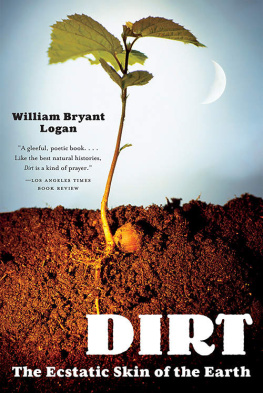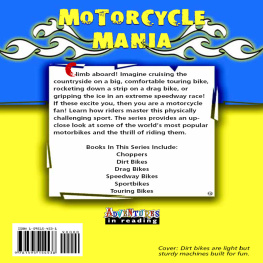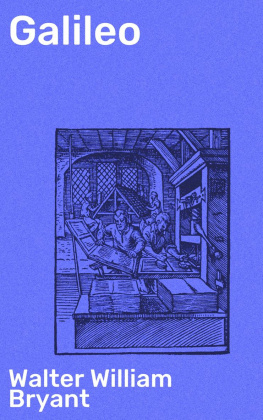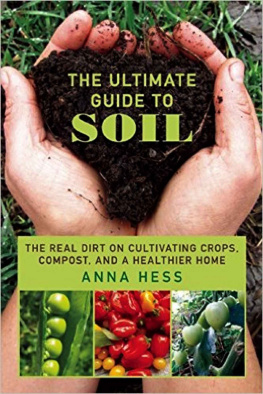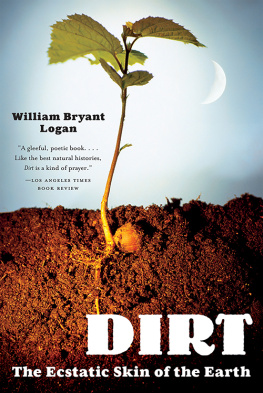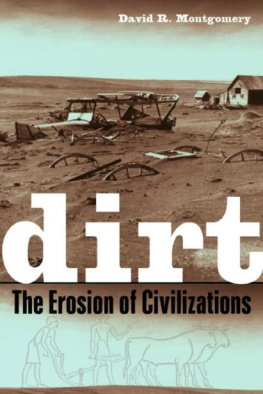

CONTENTS
O nly the mistakes are ours. In this world, beauty is common.
JORGE LUIS BORGES

I n that hour, weary of life, men will no longer regard the world as a worthy object of their admiration and reverence. This All, which is a good thing, the best that can be seen in the past, the present and the future, will be in danger of perishing; men will esteem it a burden; and thenceforward they will despise and no longer cherish this whole of the universe, incomparable work of God, glorious construction, good creation made up of an infinite diversity of forms, instrument of the will of God who, without envy, pours forth his favour on all his work, in which is assembled in one whole, in a harmonious diversity, all that can be seen that is worthy of reverence, praise and love. For darkness will be preferred to light; it will be thought better to die than to live; none will raise his eyes towards heaven; the pious man will be thought mad, the impious, wise; the frenzied will be thought brave, the worst criminal a good man. The soul and all the beliefs attached to it, according to which the soul is immortal by nature or foresees that it can obtain immortality as I have taught youthis will be laughed at and thought nonsense.
FROM ASCLEPIUS; TRANSLATED FROM THE ITALIAN TRANSLATION BY MARSILIO FICINO

A YEAR AGO, CLYDE FELL OFF A SCAFFOLD. He is a big, black Texan who wears a worn straw cowboy hat and the same jeans every day and boots that he seems to have been born in.
He had assembled the scaffold out in front of the Great Portal of the Cathedral of St. John the Divine in New York City. He was to check the mortar on some limestone blocks high overhead, lest they come down some Easter morn and clean the bishops clock while he stood waiting to enter church in the role of the risen Christ. Somehow, Clyde fell more than forty feet onto gray limestone steps.
While he convalesced in the hospital, his black Chevy pickup truck sat unused and unmoved in a space at the head of the driveway, under a maple tree. The cathedrals urban pigeon corps has made great cloudlike white patches of droppings all over it. Inside the cab, between the dashboard and the windshield, are stuffed sheafs and wads of notes, instructions, registrations, a box of toothpicks, cassette tapes, catalogues, the tops of commuter coffee cups, stirrers, newspaper clippings, chopsticks, and saw blades. This is Clydes filing system.
In the back of the pickup lies a rough pile of pigeon-spattered sawed logs, along with a generation of fallen leaves, a broken fanbelt, an empty yellow antifreeze container, numbers of Styrofoam cups, a boasted stone, a rusting can of Super Stripe traffic paint, a few discarded service leaflets and menus for Chinese food, a ticket that reads admit one, and a vintage book of diocesan records with advertisements for long-vanished vestment stores and Episcopal schools, their lettering now half eaten by mold.
Out of these leavings a forest is growing. Not on the ground. Not beside the truck. Right in the back of it. The lobes of maple leaves are sharpening as their seedlings sprout, a light and glossy green. The redstemmed and three-leaved poison ivy is showing its amazing skill at growing out of any slightly shady bit of dead wood. Seeds of albizia have somehow blown from the one little understory specimen halfway down the street and taken hold in the back of the truck. All of this is happening in New York City, fifty yards from Amsterdam Avenue, where the eighteen-wheel trucks whiz by.
Inside the cab, its windows closed, the dust gathers, the rip in the upholstery creeps infinitesimally toward the back of the seat, the papers yellow and curl. Nothing grows. The FAN and the HOT-COLD levers remain where they have been for a year. PARK-R-D-2-I. Nothing is happening, because the motor is not running.
But in the back of the truck, open to the air and the wet, Great Natures motor is emphatically running. Left out in the rain, the diocesan book has a sprout in it. The tilted coffee cup has filled with leaf compost, dots of pigeon shit, and wood mold, and albizia are growing in it. The old black Chevy is alive.
Wherever there are decay and repose, there begins to be soil. It would be hard to imagine a more improbable set of ingredients, but even a truck can become dirt.
How can I stand on the ground every day and not feel its power? How can I live my life stepping on this stuff and not wonder at it? Science says that an acre of soil produces one horsepower every day. But you could pour gasoline all over the ground forever and never see it sprout maple trees. Even a truck turns to soil. Even an old black pickup.
Recently I have been reading Exodus, wondering about Moses and the burning bush. Moses, it is written, turns aside to see a wonder, a bush that burns but is not consumed. Throughout my life, I had thought this a ridiculous passage. Why should God get Moses attention by such outlandish means? I mean, why couldnt He just have boomed, Hey, Moses! the way He would later call to the great king, Hey, Samuel!
Now I know why. The truth, when really perceived and not simply described, is always a wonder. Moses does not see a technicolor fantasy. He sees the bush as it really is. He sees the bush as all bushes actually are.
There is in biology a formula called the equation of burning. It is one of the fundamental pair of equations by which all organic life subsists. The other one, the equation of photosynthesis, describes the way that plants make foods out of sunlight, carbon dioxide, and water. The equation of burning describes how plants (and animals) unlock the stored sunlight and turn it into the heat energy that fuels their motion, their feeling, their thought, or whatever their living consists of.
All that is living burns. This is the fundamental fact of nature. And Moses saw it with his two eyes, directly. That glimpse of the real worldof the world as it is known to Godis not a world of isolate things, but of processes in concert.
God tells Moses, Take off your shoes, because the ground where you are standing is holy ground. He is asking Moses to experience in his own body what the burning bush experiences: a living connection between heaven and earth, the life that stretches out like taffy beween our father the sun and our mother the earth. If you do not believe this, take off your shoes and stand in the grass or in the sand or in the dirt.
Y OU ARE ABOUT TO READ A LOT ABOUT DIRT, which no one knows very much about. We dont even know the real etymology of the word. Its that stuff that wont come off a collar. Its what smells in a compost heap. Its what blows around on the floor or makes the sheets feel gritty and slick. Its dog turds. Its the stuff we walk on, and traditionally, it is where people plant crops, though nowadays of course hydroponics is supposed to make that grimy connection a thing of the past.
The truth is that we dont know the first thing about dirt. We dont even know where it comes from. All we can say is that it doesnt come from here. Our own sun is too young and cool to manufacture any element heavier than helium. Helium is number two on the periodic table, leaving some ninety elements on earth that were not even made in our solar system. Uranium and plutonium, the heaviest elements that occur in nature, can be forged only in an exploding star, a supernova.
Next page
